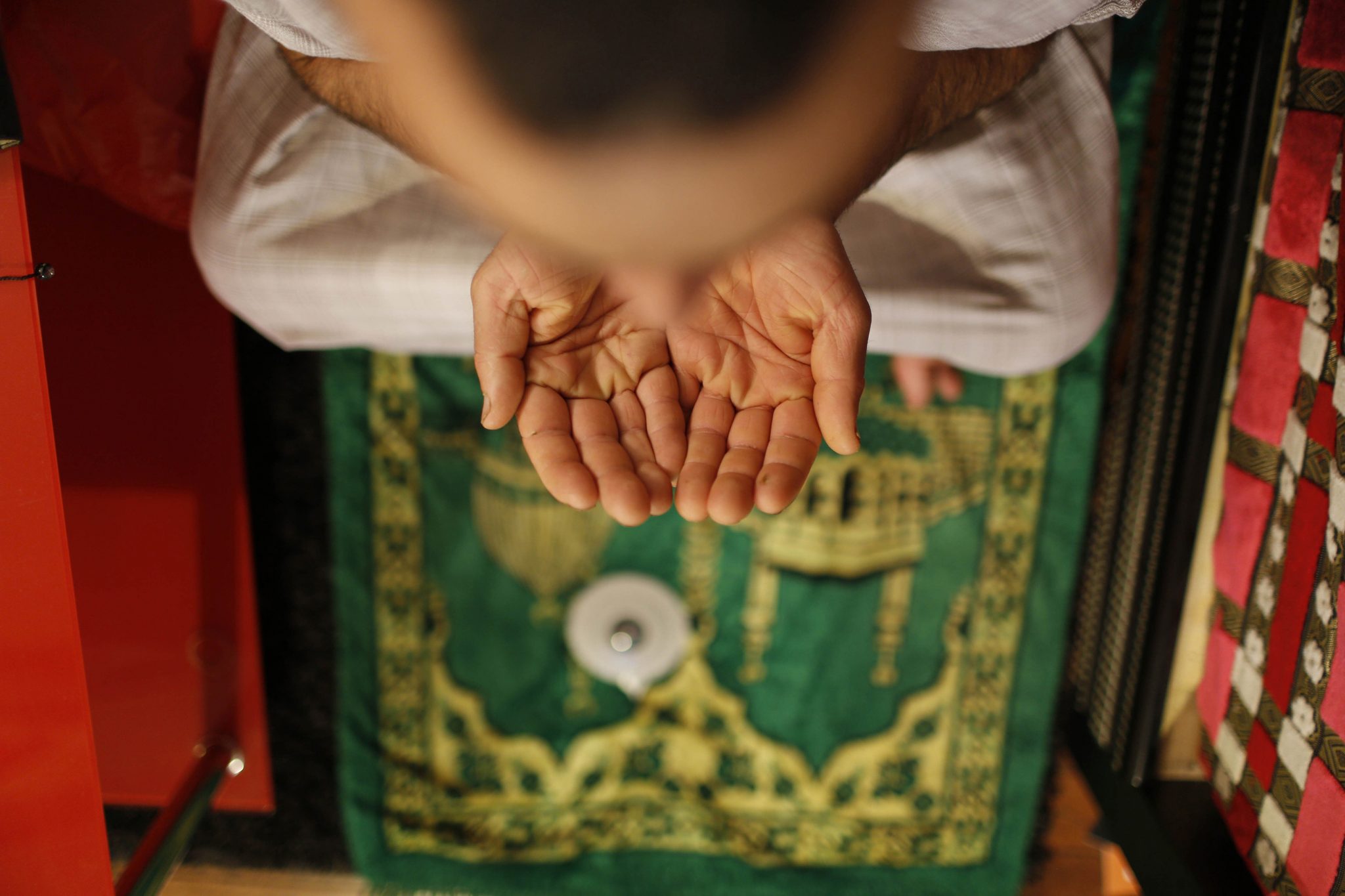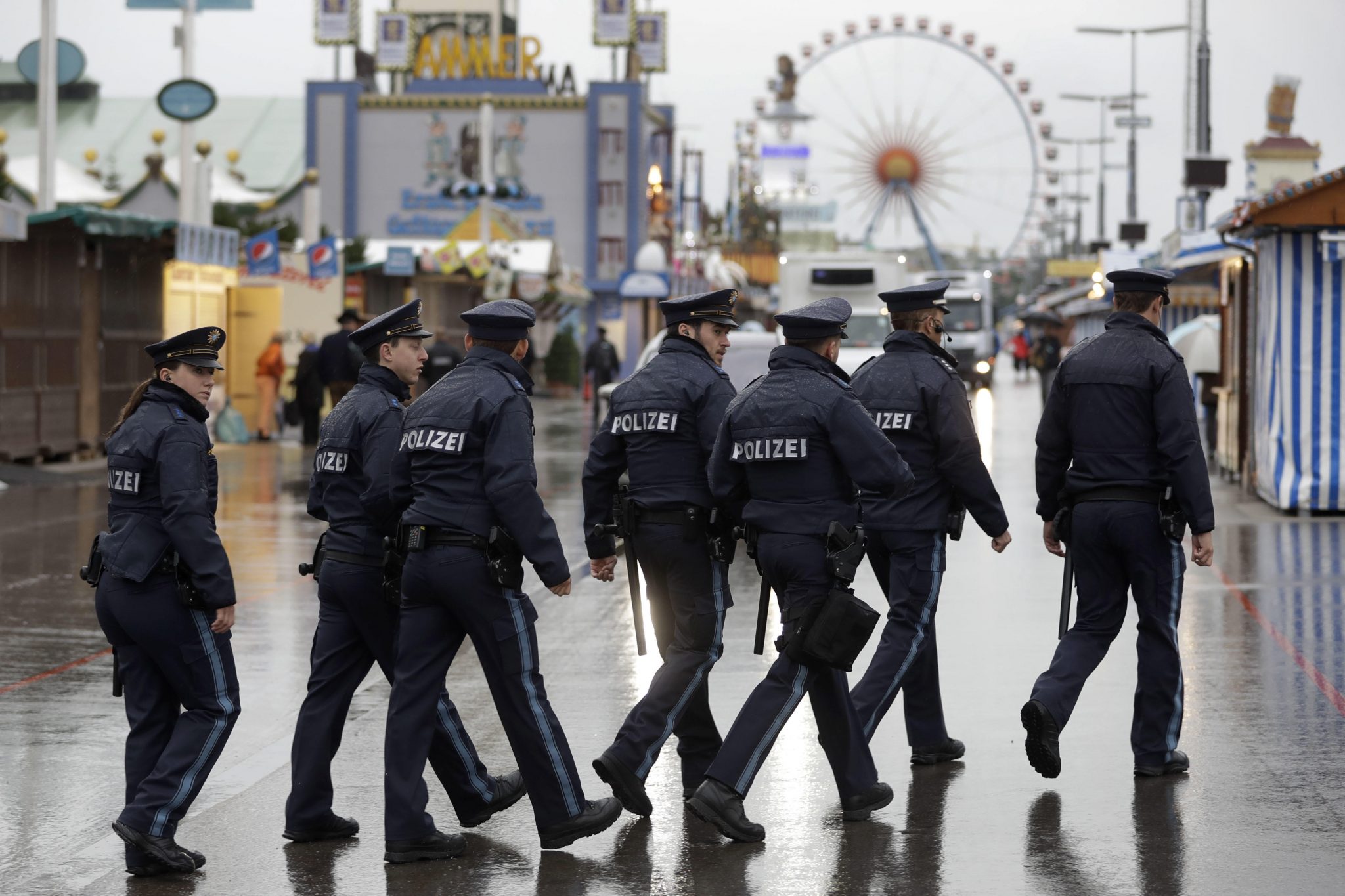
There are currently about 44 million Muslims living in Europe, out of which some 20 million live in the European Union. Precise numbers are impossible to come by. If the 20 million figure for the EU is correct, it would represent less than 4 per cent of the EU’s population.
The EU’s Muslim population is composed of two main components: autochthonous, or settled, Muslims in Bulgaria, Greece, Cyprus and other countries, and Muslim immigrants and their descendants who live predominantly in Western Europe.
The latter group is made up of Muslim citizens originating in former European colonies across the world, guest workers made permanent and their family members, and refugees and economic migrants who may or may not have come to the EU legally.
[alert type=white ]Author: Vít Novotný is a senior research officer at the Wilfried Martens Centre for European Studies. [/alert]
Islam increasingly plays a role in European politics. The uncontrolled influx of asylum seekers and migrants in the years 2015-16, one that has caused so much political upheaval, was predominantly from Muslim-majority countries.
Many, although not all, terrorist attacks in Europe in recent years have been perpetrated by individuals who claim an allegiance to Islam. And the ideology of Islamism, albeit often non-violent, poses a challenge to our liberal democratic systems. Some features of the complex relationship between the European majority society and Muslims are sometimes forgotten.
Structural issues
Islam does not easily fit the existing state-church relationships in the EU. Built on the hierarchical structure of Christian churches, these relationships assume the existence of a leading authority for each religious body. The European state-church relationships also assume that there is strict separation between state institutions on the one hand and religious institutions on the other.
This separation has been historically instituted to limit church influence on government. Islam is different from today’s Christianity in that the former is a religion, a basis for law and a way of life in one. This difference between Christianity and Islam does not preclude peaceful coexistence of Christians, Muslims, adherents of other religions, atheists and agnostics in Europe.
Nevertheless, incorporating Islam into the European public sphere requires innovative policymaking at the national level, one that guarantees both freedom of religion and the preservation of the European way of life.
Issues within Islam
Islam is by far not the only religion that has ever condoned violence, as the briefest look at any European history book will tell.
Nevertheless, Islam is currently facing problems in adapting to modernity, in a reversal of adaption to Western-type institutions that Muslim-majority countries in Asia and Africa experienced in the twentieth century.
[button color=”red” size=”big” alignment=”center” rel=”follow” openin=”samewindow” url=”https://www.vocaleurope.eu/?s=islam”]Curious For More?[/button]
Most European Muslims are normal citizens of our societies, contributing to the economy and public life.
The minority that turn to the ideology of Islamism adopt views that in the words of Thomas Volk, an author in a recent Martens Centre publication, ‘militate against democratic institutions and propagate various forms of religious and political activism, from instituting sharia law to pan-Islamic political unity and the establishment of a caliphate in Europe.’
Some young Muslims in Europe are facing a conflict of identities, being split between belonging to traditional communities of their parents and the modern secularised Western culture. Unable to identify with either of these cultures, they may adopt the radical views of violent jihadism.
The path to Islamism is aided by several unfortunate facts. Like most nominal European Christians in relation to Christianity, some European Muslims have only scant knowledge of Islam.
However, it is often Muslim religious illiterates who turn to violence. Those imams that are active in immigrant Muslim communities are often not acquainted with European culture and fundamental rights anchored in our constitutions and therefore are not in a position to provide guidance.
The Internet serves as a tool for radicalisation, propagating fundamentalist versions of Islam. Finally, a few Muslim-majority countries, for example Saudi Arabia, finance Sunni Islamic radicalism as part of their worldwide contest with the Shi’a branch Islam, and with the modern world as a whole.
The individual and collective rebellion against the ‘decadent’ majority culture becomes an attractive option not only for criminals but also for apparently well-integrated youngsters, longing to serve a life cause. This also explains that about 10 per cent of European jihadists are converts.
Religious schooling for young Muslims (one grounded in the Koran and religious teachings, in the European way of life and Europe’s constitutions), controls of the Internet and checks on foreign financing of mosques are the logical measures to be adopted by European legislators and policymakers.
The majority culture
A 2015 survey by the Pew Research Centre revealed that views of Muslim minorities in Europe depend on the country. In Italy, 63 per cent of those surveyed had an unfavourable opinion of Muslims in their country but the figure was only 33 per cent in Germany and 27 per cent in France.
However, a 2017 opinion poll by Chatham House showed that an average of 55 per cent agreed with the statement that ‘all further immigration from mainly Muslim countries should be stopped’. Longitudinal studies of European majority views of Muslims are hard to come by and we should not automatically conclude that these views on Muslims are getting worse.
Continuing secularisation complicates the acceptance by Europeans of the religious devotion and symbols associated with Islam. The belief that a strong Muslim identity undermines national identity is related to these concerns.
What is clear is that the failed management of the migrant and refugee crisis, resulting in an influx of people from Muslim-majority countries, has given voice to protest parties that politically use and even promote the popular apprehensions of Islam and Muslims. Islamists and right-wing populists end up feeding on each other, and radical discourse is making its way into the political mainstream.
Effective immigration controls, better guarding of the EU’s external border in collaboration with third countries (while adhering to universal human right standards in dealing with migrants and refugees), as well as tackling the stubborn issues of immigrant integration are among the necessary policy elements in assuring the majority that coexistence with Islam in Europe is possible.
And if European governments, political parties, civil society and religious associations succeed in forging strong national and European identities and loyalty to our constitutions, this coexistence can even be beneficial to our societies.
[toggler title=”Source” ]This article was originally published by Martenscentre.[/toggler]



